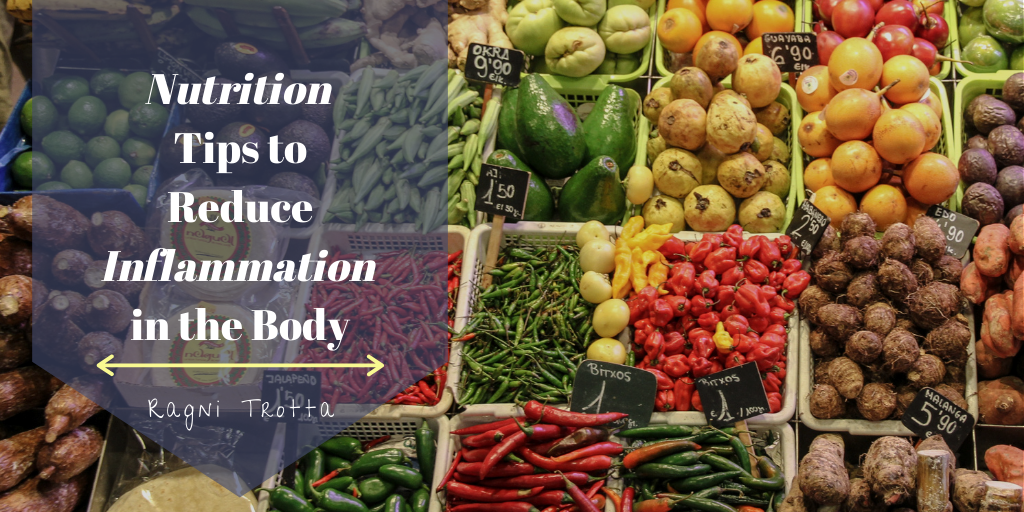Inflammation is a hot topic in the world of health and wellness. Inflammation is part of your body’s natural healing system, as it can help fight injury and infection. So while inflammation is your body’s natural response, in other circumstances, inflammatory responses can occur without an injury or infection, especially if there are pre-existing conditions. With this in mind, there are plenty of ways to reduce inflammation and the adverse effects it has on your body.
Fruits, Veggies, & Nuts
With health professionals having a heavy focus on inflammation, many have pointed to anti-inflammatory diets as a fantastic solution. An anti-inflammatory diet is exactly as it sounds; it eliminates inflammatory foods and substitutes them with healthy options that taste delicious and are high in vitamins and nutrients. If you’re unsure, a great place to start is incorporating an abundance of fruits and vegetables, specifically, items like leafy greens, blueberries, cherries, and assorted raw nuts. Fatty fish, such as salmon, is another excellent option that’s also high in Omega-3s.
Exercise and Activity
Keeping your body moving is always an excellent way to reduce stress and inflammation. Something as simple as 30 to 45 minutes of aerobic exercise can significantly impact the level of inflammation in your body. If you’re partial to weight training, doing so a few days a week is likely to help you see a difference in inflammation levels and overall joint mobility.
Reduce Consumption of Inflammatory Foods
Just like there are foods with anti-inflammatory properties, plenty of foods have been linked to high inflammation levels. Items like red meat, dairy, and refined carbohydrates, have also been linked to chronic inflammation that can lead to diseases such as diabetes, heart disease, dementia, and other autoimmune diseases that cause swelling or chronic joint pain. Regular consumption of alcohol has also been directly linked to triggering an inflammatory response.
Pay Attention to Preservatives
Preservatives and additives are often incorporated into many of the processed foods you see at your local grocery store. While the convenience factor of processed foods can make them a popular choice, they have a high potential to trigger an inflammatory response in your body. When food shopping, consider reading the labels on specific products and avoid ones that have a heavy amount of preservatives.
.
.
This article was originally published on ragnitrotta.co


